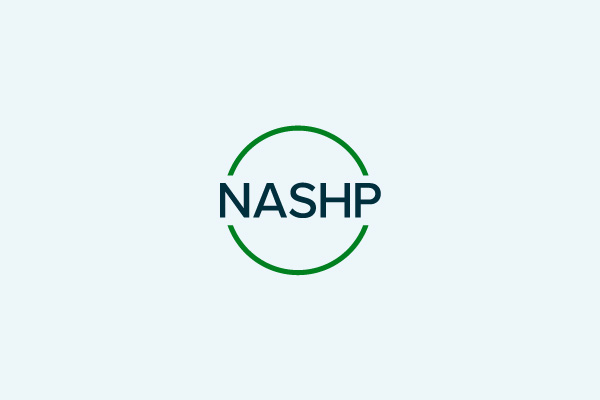This information was collected through a combination of state surveys and NASHP staff research. It offers a snapshot of how the state is defining, training, certifying, and paying for the CHW workforce — as well as how the state is developing cross-agency and state-to-local strategies to improve community health in partnership with CHWs.
This is a dynamic policy space, and states are continuing to develop new approaches. We will continue to make periodic updates to this page. Learn more about state CHW policies across the U.S.
State CHW Definition
The Mississippi State Department of Health (MSDH) website states that “Community Health Workers educate and assist individuals and groups in their community, connecting them with important resources for their health, and building a healthier future for those around them.”
The MSDH Delta Health Collaborative website states that CHWs work “in urban and rural environments to link the gap between providers and community population in need of care. CHWs conduct outreach and education to citizens in their community who suffer from chronic diseases, early childhood diseases, and other health conditions. They make home visits, help patients navigate complex health information systems, advise, and help connect patients to the resources they need.”
Certification and Training
CHW training programs are available through the following institutions: Aaron E. Henry Community Health Services Center, University of Southern Mississippi, Itawamba Community College, Jackson State University, and Institute for the Advancement of Minority Health.
Medicaid Reimbursement
Mississippi does not reimburse for CHW services through its Medicaid program.
Other Funding or Financing Mechanisms
The Mississippi Department of Health used funds from the CDC Community Health Workers for COVID Response and Resilient Communities (CCR) initiative to establish the Office of Community Health Workers (OCHW). OCHW is working to build the CHW profession in the state by training, hiring, and designing certification in the state.
Key Partnerships
Key partnerships include Community Health Center Association of Mississippi, Mississippi Association of Community Health Workers, Southeast CHW Network, Rural CHW Network, Minnesota CHW Alliance, Itawamba Community College, Mississippi State Department of Health.
State CHW Legislation
Information is unavailable.
State Resources
State Overviews
ACO – Accountable care organization
AHEC – Area Health Education Centers
APHA – American Public Health Association
APM – Alternative payment model
CBO – Community-based organization
CDC – Centers for Disease Control and Prevention
CDC CCR Funding – Community Health Workers for COVID Response and Resilient Communities Funding
CHR – Community health representative
CHW – Community health worker
CPT Codes – Current Procedural Terminology Codes
C3 Project – CHW Core Competency Project
FFS – Fee for services
HCSPCS Codes – Healthcare Common Procedure Coding System Codes
HRSA – Health Resources & Services Administration
MCO – Managed care organization
NACHW – National Association of Community Health Workers
SDOH – Social determinants of health
VBP – Value-based payment
State CHW Definition: This category indicates where states have a formal definition of a CHW. In some cases, where there is not a definition in statute, this category may draw information from provider manuals and state websites or reports.
Certification and Training: This category includes information about how CHWs are trained in the state, which entities provide training, whether or not the state runs or recognizes a CHW certification program, and information about the entities that administer existing certification programs.
Medicaid Reimbursement: This category includes information about state Medicaid strategies that provide enrollees access to CHW services. Entries indicate whether state Medicaid programs currently reimburse for CHW services or incorporate CHWs into alternative payment models under the authority of a state plan amendment (SPA), or where states have earmarked funds to support CHW services under the authority of an 1115 demonstration waiver. It also indicates where CHW services might be supported through managed care approaches (e.g., where MCOs are paying for CHW services using administrative dollars or where states are using managed care contracts to incentivize or require MCOs to cover CHW services).
Other Funding or Financing Mechanisms: This category includes information about other state funding or financing approaches that cover CHW services or CHW positions. It includes information about federal grant dollars for which the state is the grantee.
Key Partnerships: This category offers information about key partners outside state government, including state CHW associations and CHW training entities, and highlights formal cross-agency partnerships within the state that support alignment of funding and resources for the CHW workforce.
State CHW Legislation: This category highlights any state legislation relevant to the CHW workforce. This might include statutory language directing agencies to develop a Medicaid reimbursement approach, laws that established state CHW certification, or other relevant statutes.
State Resources: This category offers links to any key reports or resources that states elected to highlight as critical to CHW policy and partnership.

